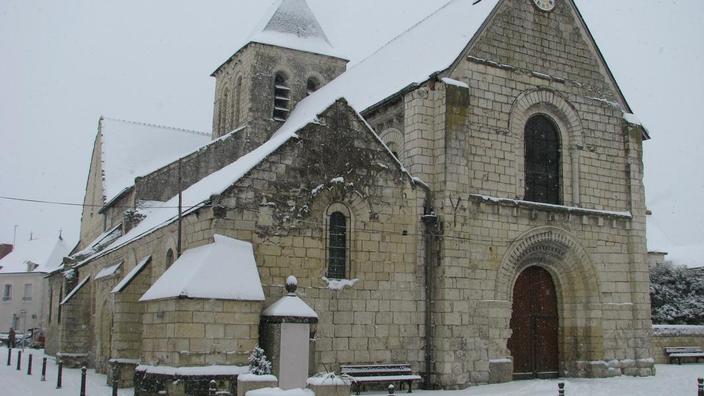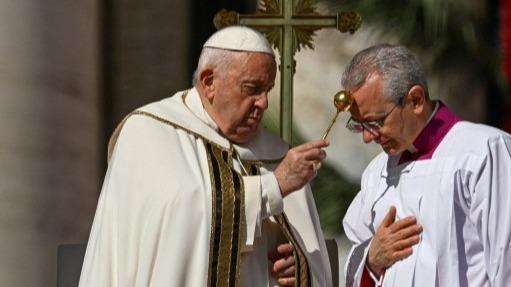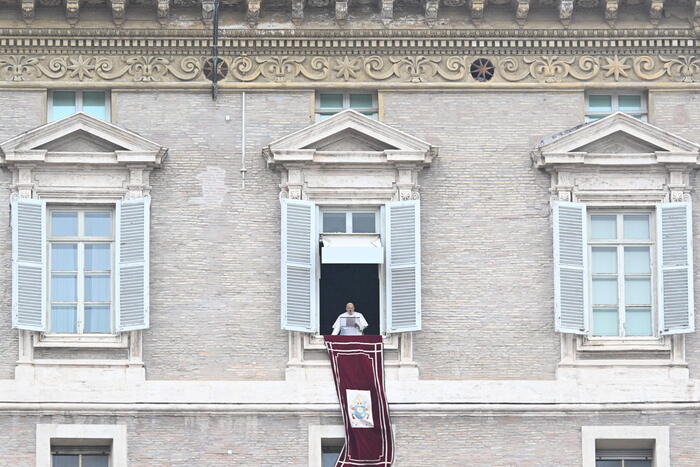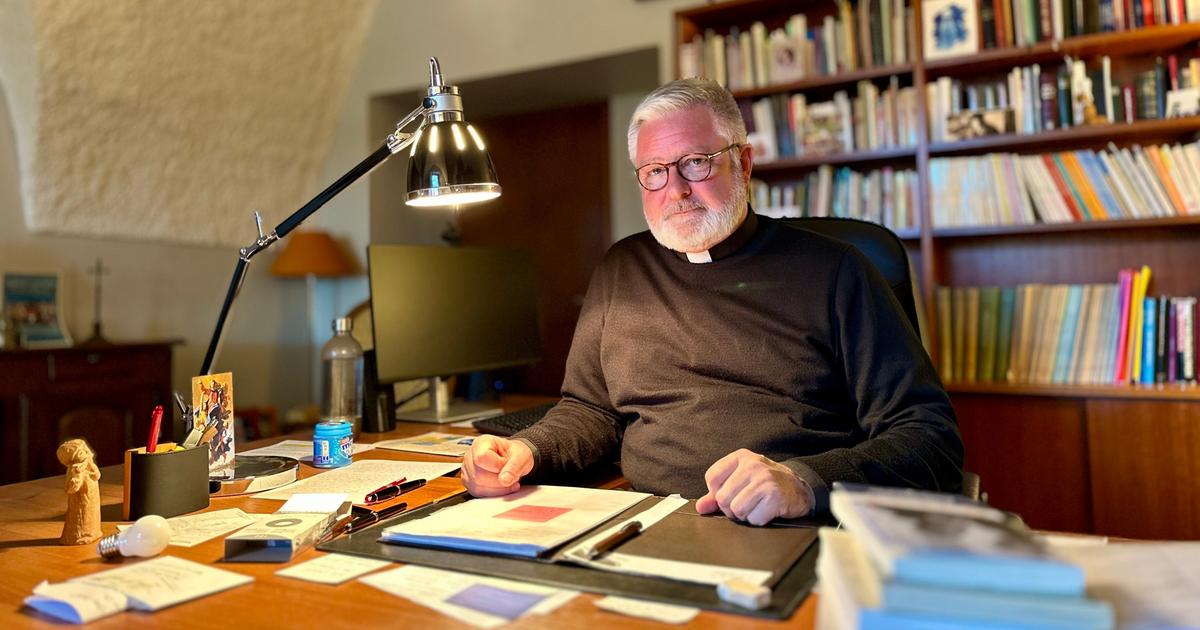Rod Dreher is an American journalist and writer, columnist at
The American Conservative
.
He has published
How to be a Christian in a world that is no longer a Christian: the benedictine bet
(translated into French by ed. Artège, 2017) and recently
Resisting lies, living as a dissident Christian
(trans. Artège, April 2021).
FIGAROVOX. – A Christian-inspired housing estate project, Monasphere, promises to “contribute to the development and deployment of Christian ecosystems in the 21st century”. This seems to join your "benedictine bet"... What inspires you?
Rod DREHER. -
We are currently experiencing an undeniable fact: the collapse of Christian civilization, a collapse as profound as the collapse of the Roman Empire in the fifth century.
Until then, most Christians have been complacent in the face of this disaster.
Maybe they didn't understand what was going on?
In my book
The Benedictine Bet
, I take the example of the early Benedictine monks, who devised a strategy for living faithfully and resiliently amidst the chaos of post-Roman Europe.
What would a 21st century Saint Benedict advise us?
How can we lay Christians - and not just Catholics - create a
habitus
in which we can live as faithful Christians, deepening our own conversion, transmitting the faith to our children and making ourselves strong enough to bear witness to Christ in a world that is hostile to him?
There is not just one answer, but that of Christians and the Catholic Church for 60 years is not the right one.
What can be the fruits of such a project, in your opinion?
The Monasphere team tries to enable Catholic families to experience the Benedictine option in practice.
Personally, I am good at understanding ideas, adhering to them, but less so at implementing them.
If the Monasphere project works, then Catholic families will find ways to live out their faith in community, while being grounded in the world.
The Monasphere project does not intend to make monks of us.
He wants to allow families to transmit their faith to their children, while being a light in this dark and cold world.
Some have accused the project of participating in the partition of French territory. Do you understand this concern?
Yes, I understand this concern, which is specific to French republican culture. But this way belongs to a bygone era. In our post-Christian world, believers need strong communities of faithful, in order not to suffer from the materialistic and secular culture. In the United States, we are undergoing the same process of secularization that Europe has borrowed for several generations already. Christians themselves don't know much about their faith. Do you know that in the United States, a majority of Catholics do not believe in the real presence of Christ in the Eucharist? It's a total scandal. The post-Vatican II Church – both the institution and the Catholic families – has failed miserably in transmitting the faith to young people. In America,we accept that citizens make the choice to live within strong particular communities, while participating in the life of the City. I don't understand why some French people - especially French Catholics - are so afraid of Christians who simply want to live together as Christians.
We must make our families and our communities icons of Christ.
Those who disbelieve must ask themselves what is the secret of our happy, stable and healthy life?
Rod Dreher
When I first came to France to promote the book
Le Pari Bénédictin,
I noticed that Catholics over 50 did not understand what I was talking about and were instinctively hostile to it. This was not the case for the younger ones. What explains this difference? I believe that the older ones grew up in a post-Christian France, in which Christian ideas still constituted a significant part of the intellectual and cultural landscape. There was therefore a gap between the cultural anchoring of Christianity and the decline in religious practice. Young Catholics have only known the next world. So they simply aspire to be able to live according to their faith and to pass it on. Unlike their elders, they do not consider faith as a series of intellectual propositions, but as a way of life.
Yet isn't this contrary to the vocation of Christians? Shouldn't they rather live in the midst of the world rather than in communities?
There is no doubt that Christians must evangelize and bring faith to the world. But we can't give the world what we don't have! In the United States, the knowledge and practice of the Christian faith, Catholic as well as Protestant, is very thin and superficial. As the famous Catholic sociologist of religions, Christian Smith, explains, for many young American adults, the meaning of life is found in the freedom to enjoy one's leisure, in the pursuit of happiness and wealth. Young Christians are no exception. If we continue to live like this, faith will die. there is no doubt. In fourth-century Rome, the last pagan generation did not recognize the danger in which they found themselves; they believed that Rome would continue to be pagan, becauseshe had always been a pagan. They were fatally wrong. We Christians risk the same fate.
Read alsoIs it still possible to be a Christian in a world that is no longer?
If we want to escape this announced disappearance, we must assume to live in accordance with our faith to testify to it. We must make our families and our communities icons of Christ. Those who disbelieve must ask themselves what is the secret of our happy, stable and healthy life. This is the model of Benedictine monasteries! The monks have established oases of order in the wasteland of barbaric chaos. Peasants moved to live around these monasteries, in part because the monks were a sign of peace, light and stability. The Benedictine option can be understood as a form of evangelization for the 21st century. It is not enough to tell people why they should be Christians: we have to show them what it means to be a Christian. This is the meaning of the Monasphere project!




/cloudfront-eu-central-1.images.arcpublishing.com/prisa/U2R7NZPI4CFAXSB3RA5IFUE2VE.jpg)




